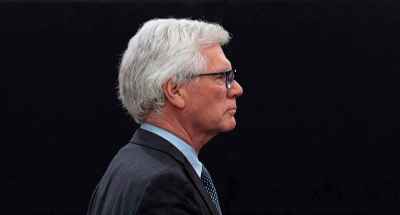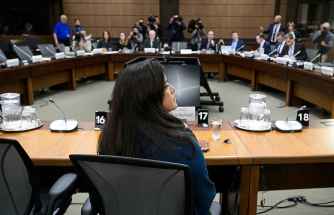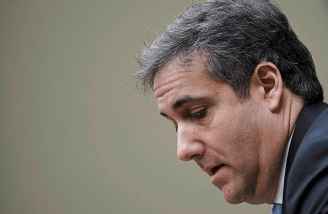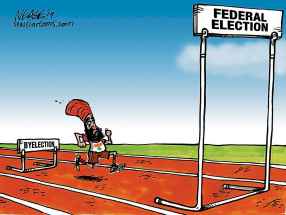Damning testimony from Wilson-Raybould turns up heat on Trudeau
Read this article for free:
or
Already have an account? Log in here »
To continue reading, please subscribe:
Monthly Digital Subscription
$0 for the first 4 weeks*
- Enjoy unlimited reading on winnipegfreepress.com
- Read the E-Edition, our digital replica newspaper
- Access News Break, our award-winning app
- Play interactive puzzles
*No charge for 4 weeks then price increases to the regular rate of $19.00 plus GST every four weeks. Offer available to new and qualified returning subscribers only. Cancel any time.
Monthly Digital Subscription
$4.75/week*
- Enjoy unlimited reading on winnipegfreepress.com
- Read the E-Edition, our digital replica newspaper
- Access News Break, our award-winning app
- Play interactive puzzles
*Billed as $19 plus GST every four weeks. Cancel any time.
To continue reading, please subscribe:
Add Free Press access to your Brandon Sun subscription for only an additional
$1 for the first 4 weeks*
*Your next subscription payment will increase by $1.00 and you will be charged $16.99 plus GST for four weeks. After four weeks, your payment will increase to $23.99 plus GST every four weeks.
Read unlimited articles for free today:
or
Already have an account? Log in here »
Hey there, time traveller!
This article was published 27/02/2019 (2477 days ago), so information in it may no longer be current.
It took about 60 seconds of testimony from former attorney general Jody Wilson-Raybould to reduce Prime Minister Justin Trudeau’s credibility to smouldering wreckage.
Right out of the gate Wednesday afternoon, speaking to the House of Commons justice committee, Wilson-Raybould outlined what she called “improper political interference” in her department’s handling of the SNC-Lavalin Group Inc. prosecution — not only by Trudeau’s senior political staff, but also by the prime minister himself.
Wilson-Raybould described multiple attempts, by multiple people, to get her to intervene in the criminal prosecution of SNC-Lavalin, one of Canada’s largest engineering firms, which is charged with paying tens of millions of dollars in bribes to Libyan officials to secure government contracts.
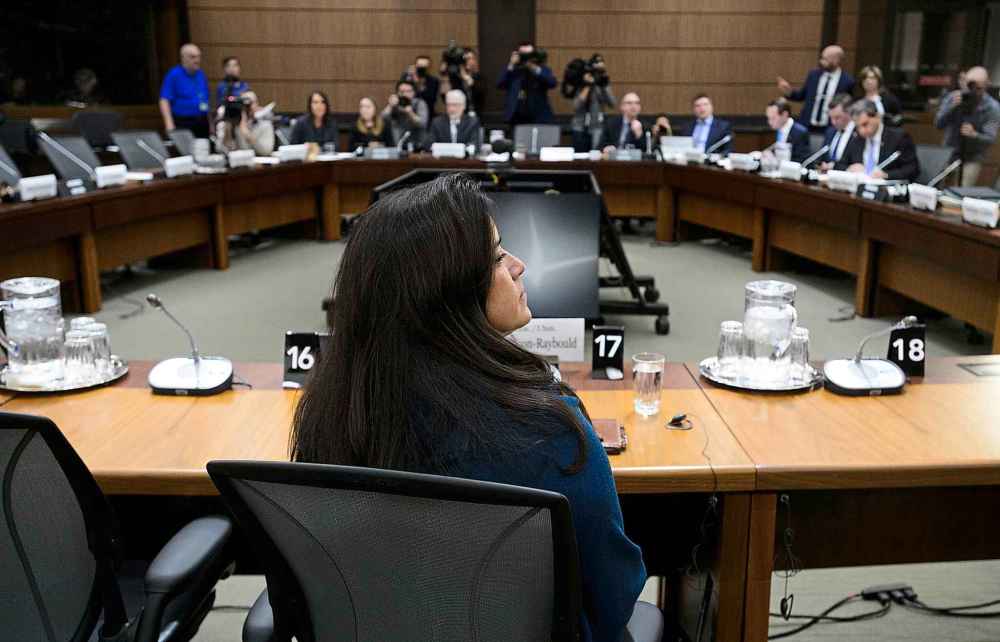
The prime minister and his staff, Wilson-Raybould said, wanted the firm to be granted a deferred prosecution agreement (DPA) that would allow it to pay fines instead of facing criminal prosecution. Wilson-Raybould said her director of prosecutions decided SNC-Lavalin did not qualify for a DPA, and she believed it would be improper for her to overrule that decision.
She said she was told failure to intervene and secure a DPA for SNC-Lavalin could lead to the company relocating to the U.K., while also impairing the federal Liberal party’s electoral fortunes in Quebec. She said she was asked to consider the 9,000 employees of the firm and the economic impact that would come if it was crippled by a criminal prosecution.
After making it clear she wouldn’t intervene, Wilson-Raybould described a four-month period in late 2018 where she “experienced a consistent and sustained effort by many people within the government to seek to politically interfere in the exercise of prosecutorial discretion in my role as the attorney general of Canada.”
When she didn’t give in to the arm-twisting, Wilson-Raybould was summarily demoted in a cabinet shuffle and replaced with Montreal MP David Lametti. A short time later, she resigned from cabinet altogether, a decision that she is still prevented from discussing in detail.
And yet, even as Wilson-Raybould detailed the pressure she endured at the hands of Trudeau and his senior political aides, there remained a single, overarching and as-yet-unanswered question: why didn’t SNC-Lavalin qualify for a DPA, given the Liberal government seemed to have created a law for that express purpose?
By way of background, last year the Liberal government introduced legal amendments to its omnibus budget bill for the provision of DPAs. These agreements are not unique to Canada; its DPA law is consistent with similar laws in other countries, including the United States.
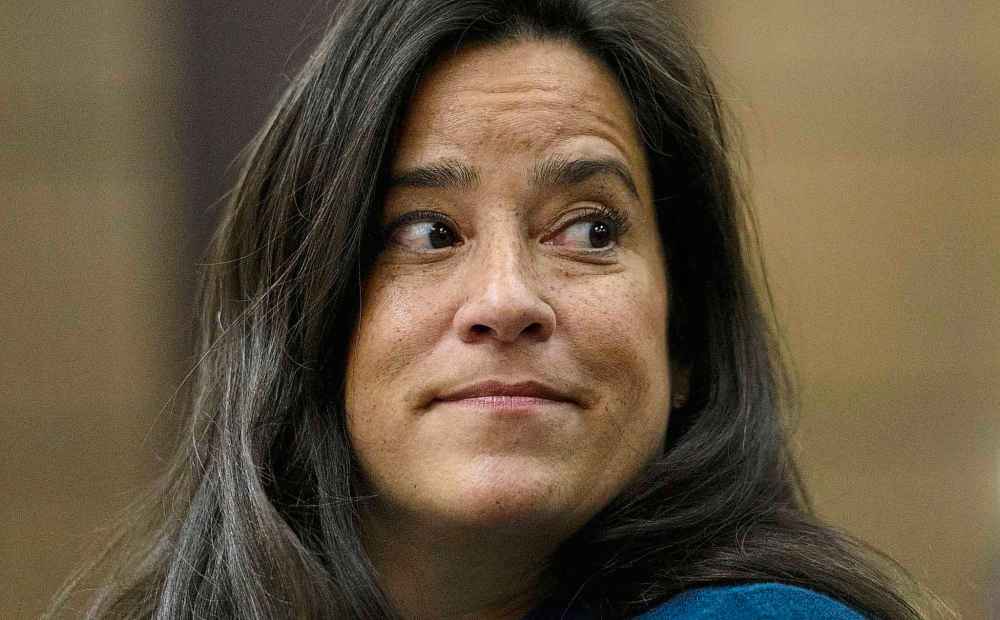
It took several years of deliberation and an extensive consultation process before the law was introduced. History will show clearly SNC-Lavalin intensively lobbied the government to introduce and pass this law.
And yet, it seems pretty obvious now the law introduced last December was a bad fit for the SNC-Lavalin case.
To be eligible for a DPA, a company must have forward voluntarily to report the crime and publicly apologized for its actions — SNC-Lavalin fails on both of those points.
It took a multi-year police investigation to reveal the alleged bribery and fraud at the firm. And although the company has publicly disclosed steps to remove all the executives reportedly involved, it has not really apologized.
So, when Wilson-Raybould decided not to overrule her director of prosecutions, it appears to have been a decision based on a fair and accurate interpretation of the government’s law. And yet, Trudeau and his senior staff continued to press.
Were the prime minister and his staff aware the law they had crafted and passed the previous fall did not provide relief to SNC-Lavalin? Did they know the law was a bad fit but did not care because of the political stakes?
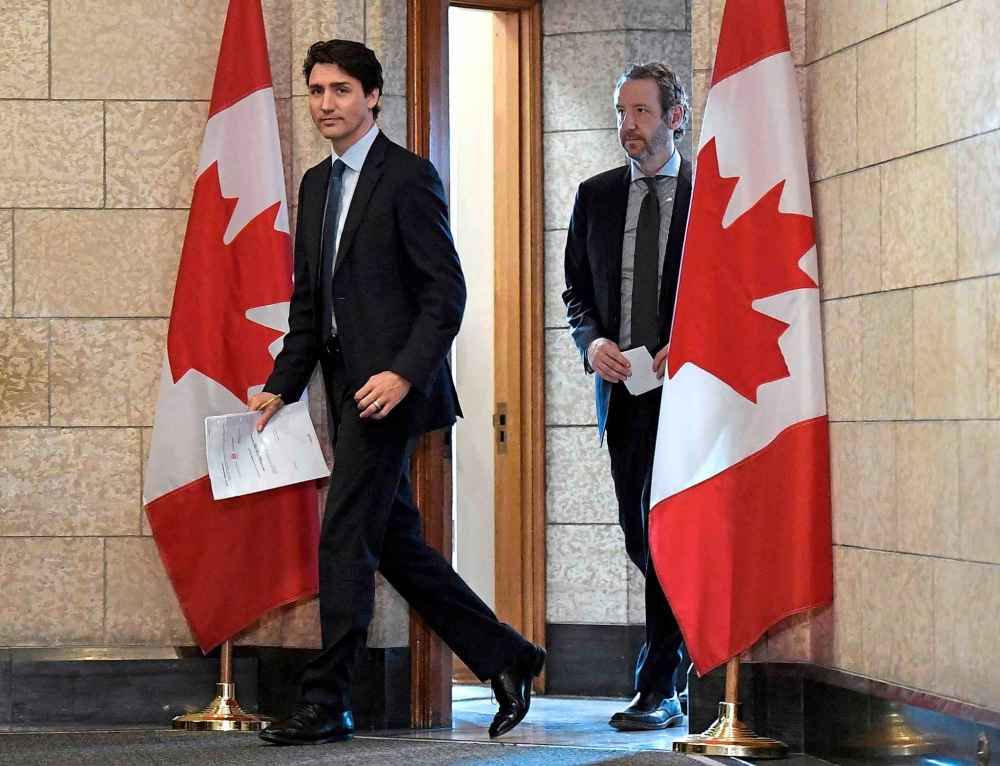
This may well be the most important issue going forward.
Implicit in the arguments Wilson-Raybould said were put forth by Trudeau and his senior staff is the idea she could intervene, and there was a reasonable and legal way to make SNC-Lavalin’s round peg fit into the law’s square hole. That view is somewhat valid given it comes from the very people who created the law in question.
If Trudeau and his staff did not understand the limitations of the DPA provisions as they introduced them, their attempts to pressure Wilson-Raybould into overruling her director of prosecutions were sloppy and reckless.
If they did understand the limitations, and wanted the attorney general to intervene anyway, at the risk of breaking one of Canada’s laws, then we may well be nearing acts that are criminal in and of themselves.
Interestingly, the issue of whether SNC-Lavalin could have been offered a DPA is currently being studied by a federal court.
If the firm is successful, there may well be room to reassess Wilson-Raybould’s decision not to intervene.
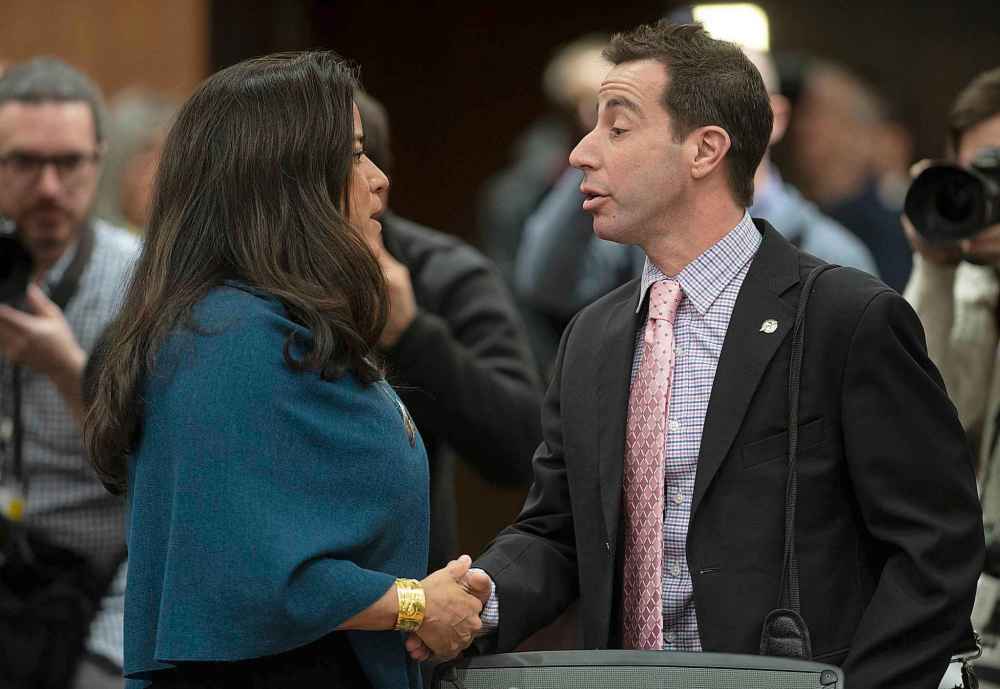
However, if the federal court justice agrees with the director of prosecutions SNC-Lavalin is not eligible, it may matter little what Trudeau and his staff believed, they will have been encouraging an attorney general to break the law.
The penalties for such an offence could be much more severe than losing the next federal election.
dan.lett@freepress.mb.ca

Born and raised in and around Toronto, Dan Lett came to Winnipeg in 1986, less than a year out of journalism school with a lifelong dream to be a newspaper reporter.
Our newsroom depends on a growing audience of readers to power our journalism. If you are not a paid reader, please consider becoming a subscriber.
Our newsroom depends on its audience of readers to power our journalism. Thank you for your support.










